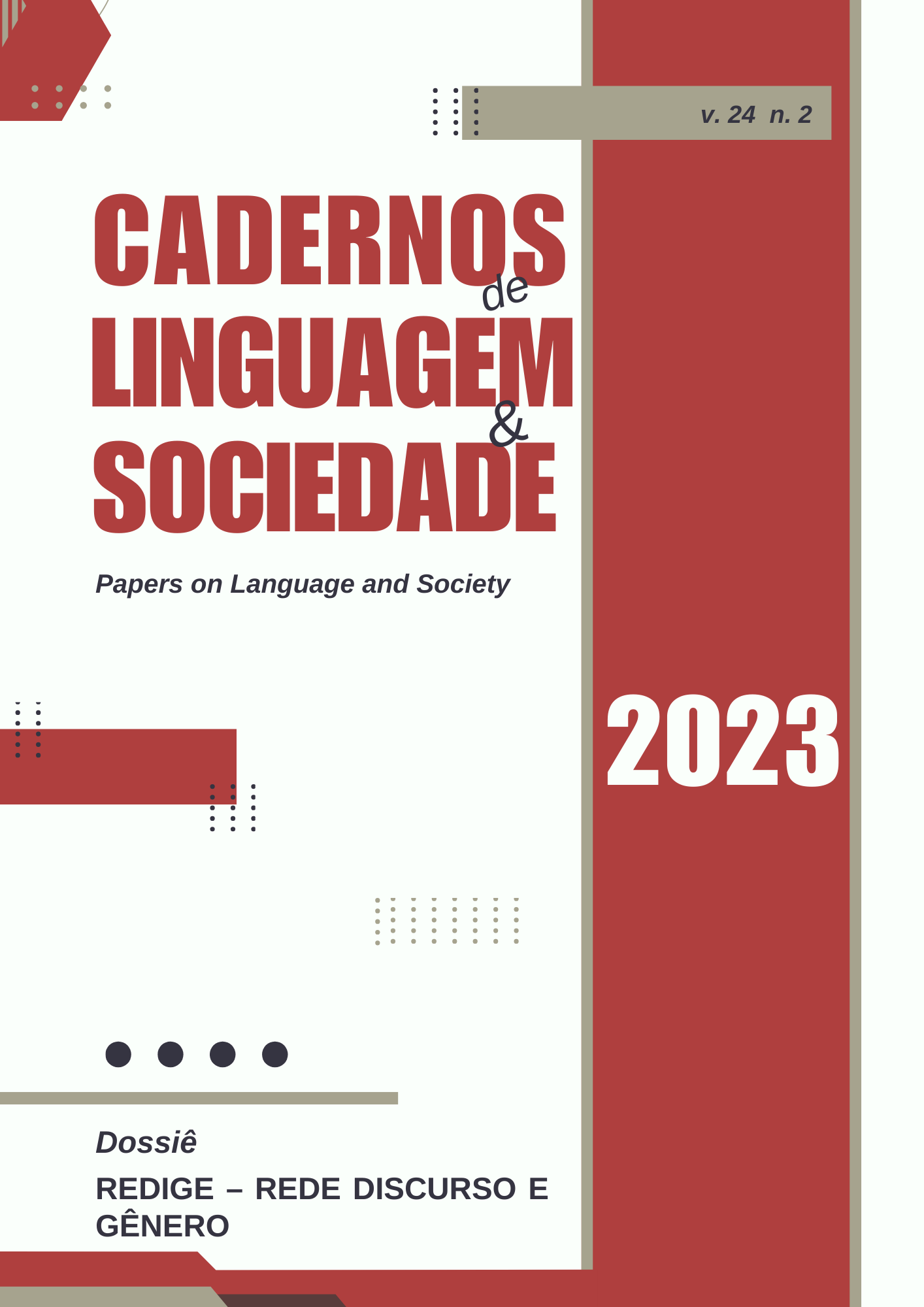LANGUAGE LOYALTY OF THE IBANAGS:
A BASIS FOR A PROJECT-BASED LANGUAGE SOLIDARITY EXTENSION PROGRAM
DOI:
https://doi.org/10.26512/les.v24i2.45688Keywords:
Ilagan, Isabela, domains of language use, sociolinguisticsAbstract
People who live in the Northern Philippines, notably in the Cagayan Valley Region, speak Ybanag as a language. Using a sequential-explanatory research design, this study investigated the Ibanags' commitment to their native tongue in a town in the Northern Philippines. According to the study's findings, the respondents mostly utilize Ybanag as a language of self-expression and to communicate with their family, neighbors, and community. On the other hand, communication in the workplace, the church, and schools is primarily conducted in Filipino. A favorable attitude is shown by the respondents regarding the Ybanag language. When respondents were categorized by age and gender, there was no discernible variation in their preferred languages. The results also indicated that there is no significant variation in the respondents' attitudes toward the Ybanag language when they are grouped by age and gender. Therefore, it is advised that the community implement a project-based linguistic solidarity extension program in order to protect the Ybanag tongue.
Downloads
References
Baccay, O. (2019). PIA | NCCA-PIA promotes Ibanag culture. http://news.pia.gov.ph/article/view/461471423093/ncca-pia-promotes-ibanag-culture
Creswell, J. W. (2015). A concise Introduction to Mixed Methods Research. Sage Publications Ltd.
Dweik, B. Nofal, M. & Qawasmeh, R. (2014). Language use and language attitudes among the muslim Arabs of Vancouver/ Canada: A sociolinguistic study. International Journal of Linguistics and Communication, 2.
Esteron, J. (2020). Language attitudes and identity construction of trilingual learners in a rural school in the Philippines. 23. 89-103. 10.24071/llt.2020.230107.
Lesada, J. (2017). Taglish in Metro Manila: An analysis of Tagalog-English code-switching. Doctoral dissertation.
Li, X., Moskvitcheva, S. & Aleksandrova, O. (2019). Language loyalty and representation of dialects in the People’s Republic of China. European Proceedings of Social and Behavioural Sciences.
Lindero, T. (2017). First language interference in learning the English Language. Journal of English as an International Language, 13.
Szecsi, T. & Szilagyi, J. (2021). Language assessment literacy: Analyzing the perspectives of mainstream teachers toward English learners. Journal of English Learner Education,12(1).
Richards, J. & Schmidt, R. (2002). Longman dictionary of language teaching and applied linguistics. Third Edition. Longman: Pearson Education Limited.
Tan, M. (2012). Filipino’s mothers. Philippine Daily Inquirer. https://www.pressreader.com/philippines/philippine-daily-inquirer-1109/20120229/283055526339488
Downloads
Published
How to Cite
Issue
Section
License
Copyright (c) 2023 Cadernos de Linguagem e Sociedade do Programa de Pós-Graduação em Linguística da UnB é licenciado sob uma Licença Creative Commons Atribuição-Uso não-comercial-Vedada a criação de obras derivadas 3.0 Unported.

This work is licensed under a Creative Commons Attribution 4.0 International License.



